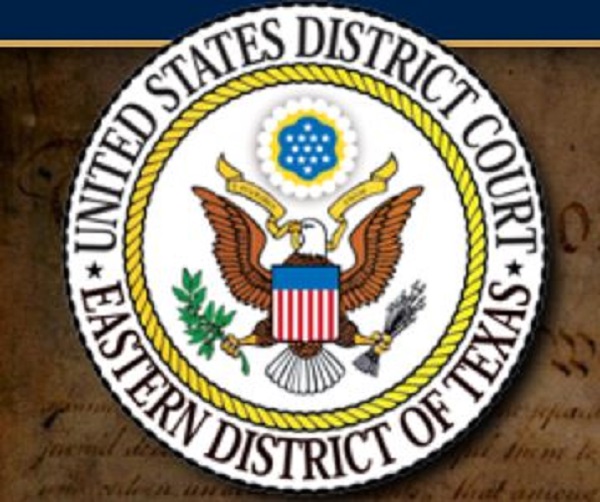Texas (ECWd) –
Today’s ruling coming out of the United States District Court, Eastern District of Texas states that the Federal Government does not possess the requisite powers to prohibit residential evictions.
From the Opinion
- This lawsuit presents the question whether the federal government has authority to order property owners not to evict specified tenants. Plaintiffs argue that this authority is not among the limited powers granted to the federal government in Article I of the Constitution, and thus the decision whether to enact an eviction moratorium rests with a given State. Disagreeing, the federal government argues that a nationwide eviction moratorium is within Article I’s grant of federal authority to regulate commerce among the States.
- But here, after analyzing the relevant precedents, the court concludes that the federal government’s Article I power to regulate interstate commerce and enact laws necessary and proper to that end does not include the power to impose the challenged eviction moratorium.
Conclusion
Because the remaining plaintiffs are entitled to judgment as a matter of law, the court enters summary judgment granting declaratory relief in their favor. Although the COVID-19 pandemic persists, so does the Constitution. Declaring the scope of constitutional power is thus proper relief, and a federal court with jurisdiction has a “virtually unflagging obligation . . . to exercise that authority” to resolve a case before it. Mata v. Lynch, 576 U.S. 143, 150 (2015) (quoting Colo. River Water Conservation Dist. v. United States, 424 U.S. 800, 817 (1976)) (cleaned up).
Given defendants’ representations to the court, Hr’g Tr. at 77:8-12, it is “anticipated that [defendants] would respect the declaratory judgment.” Poe v. Gerstein, 417 U.S. 281, 281 (1974). So the court chooses not to issue an injunction at this time. See Morrow v. Harwell, 768 F.2d 619, 627 (5th Cir. 1985). Plaintiffs may, of course, seek an injunction should defend-ants threaten to depart from the declaratory judgment. See 28 U.S.C. § 2202; Powell v. McCormack, 395 U.S. 486, 499 (1969).
Any pending motion is denied without prejudice as moot. Final judgment will issue forthwith.
Read the 21-page Opinion (HERE) or below:
Texas ruling







2 Comments
bb
Posted at 05:26h, 05 MarchWhy did it takes Months for citizens to remember The Constitution?The Who should be defunded by us entirely as its a corrupt,Gates/corp./China pined entity full of crap and headed by a genocidal humanrights abuser.1 hour post pedocriminal bidet Fake inauguration,it suddenly said to lower pcr cyclethresholds and Voila many less covdcases/deaths!! 🙂 Whole thing was a plandemic psyop sim.This is documented all over the internet.All Emergency Powers need to be challenged as the Fraud they are and were.Classactions need to ve filed all around for fraud and tort injury. Pritzker-s cousin is on the Epstein pedoisland list,someone Might want to pursue that.Recently declared fake Disaster,by Pritzer because it was xold was also Illegal.There Was No disaster.Utilities worked,people were housed and went about their lives.No big increase in deaths/hospitalizations.No alien invasion,flood,tornado,hurricane,massive fire,explosion,toxic leak,nuke issues,Nada!! 🙂
PK
Posted at 10:49h, 26 FebruaryThe notation “(cleaned up)” following the case citation and quotation, “virtually unflagging obligation . . . to exercise that authority,” seems to speak to the nature of differences in US states constitutions.